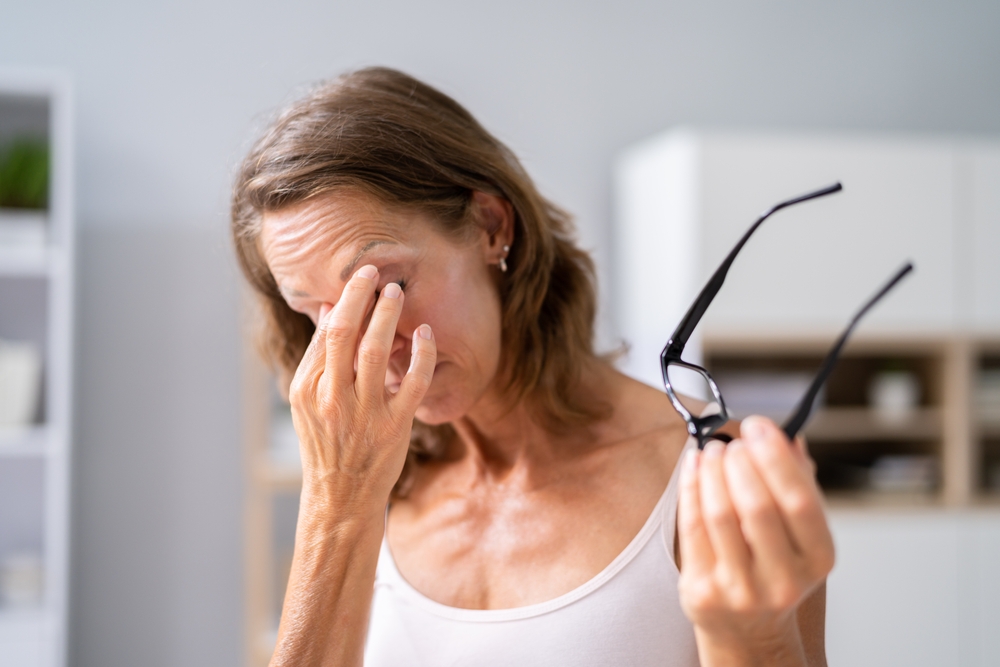
If you suffer from dry eye, you should determine if your hormones are responsible. Menopause ushers the stage where hormonal changes cause various symptoms that can affect the quality of life. While some women do not experience significant issues, others develop conditions such as dry eye. Treating the hormone issue can resolve eye dryness.
Developing Dry Eye
It is unclear how changing hormones cause dry eye, but studies show a link between the two. Women are more likely to develop dry eyes, especially as they age. It is due to the changes in estrogen levels and other sex hormones.
During menopause, hormone levels fluctuate, increasing the risk of dry eye. Hormones also change during pregnancy and for women who use birth control pills. Some women have dry eyes during their period when estrogen levels are high.
Hormones and Dry Eye
Dry eye condition can be due to several factors. It can affect anyone but is more common among women. There is a link between dry eye and hormone levels. Sex hormones affect the mechanisms responsible for keeping the ocular surface stable. They are involved in issues such as:
- Production of tears.
- Tear evaporation.
- Draining of tears.
- Maintaining the cornea nerves.
- Help maintain corneal epithelial cells.
- Maintaining the eye’s immune system.
Symptoms of Dry Eye
Dry eye occurs as changes in tear composition affect the cornea surface. Symptoms of the condition include:
- A burning sensation.
- Visual discomfort.
- Blurry vision.
- Eye pain.
- Eye redness.
- Itchiness.
- Light sensitivity.
- Dry and tired eyes.
Hormone Replacement Therapy
Some women get hormone replacement therapy (HRT) to treat menopause symptoms. While some studies indicate that HRT can improve dry eye, others suggest it worsens symptoms. Women who only take estrogen are more likely to develop dry eyes.
Those who take both estrogen and progesterone are less likely to develop dry eye. Androgens, or “male” hormones, can also affect dry eye. Both men and women make testosterone hormones. Low androgen levels affect the function of the tear glands and how the oil film keeps the eyes moist.
Treatment Options for Dry Eye
Dry eye can affect an individual’s quality of life. Fortunately, there are several treatment options depending on the underlying cause. They include OTC and prescription medications and alternative treatments such as herbal supplements, acupuncture, and increasing vitamin D intake. Using a warm, moist compress can soothe the eyes.
Making lifestyle changes, such as wearing sunglasses while outdoors and reducing screen time, can help. If you experience dry eye, the doctor will examine your eyes to determine the underlying cause. Tests will help determine if the eye produces adequate tears to maintain moisture.
The doctor may recommend hormone therapy if hormones are responsible for your condition. Dry eye can lead to complications such as scratches on the cornea, eye infections, vision difficulties, and eye scarring. The complications can cause vision loss.
For more on whether hormonal changes can cause dry eye, visit Palo Alto Eyes Optometry at our office in Palo Alto, California. Call (650) 321-2015 to book an appointment today.








